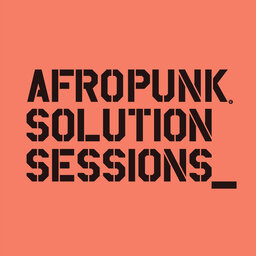Interview: Matthew Kincaid
AFROPUNK Solution Sessions
AFROPUNK Solution Sessions uses the spirit and power of community to tackle the most important conversations about how culture, activism, and politics…20 clip(s)
Loading playlist
Matthew Kincaid, the founder of Overcoming Racism, is passionate about combating systemic racism -- and he puts in the work. In this conversation with Yves and Bridget, Matthew drops facts on U.S. education, breaking down false narratives, and the importance of having conversations about race early.
Learn more about your ad-choices at https://www.iheartpodcastnetwork.com
 AFROPUNK Solution Sessions
AFROPUNK Solution Sessions


